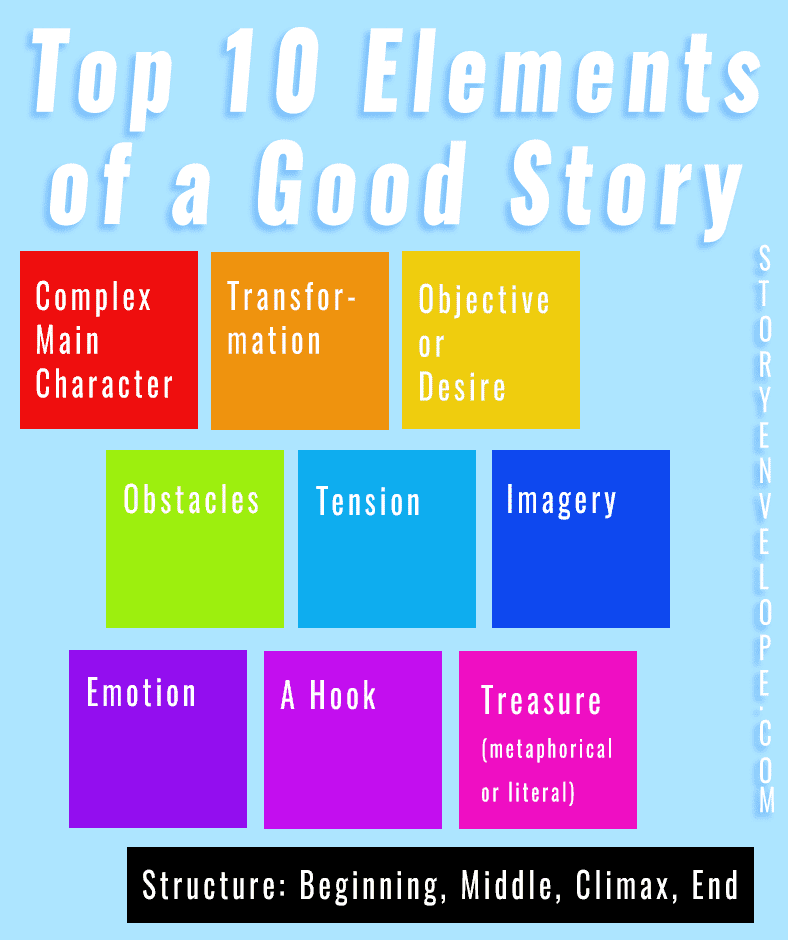Steps to Become an Author of a Bestselling Book

Writing a book is a challenging task that requires hard work, passion, discipline, and patience. The most successful writers find the writing process intimidating, particularly new writers who face many obstacles that dishearten them. Becoming a successful author is a difficult, time-consuming, and expensive process. If you don’t have the know-how to write, publish, and sell your book, you need guidance from creative writing groups that help you know about the complex writing process. On the other hand, if you have planned to write your book and desire it to stand out on the shelf among the world’s bestselling authors, you have to ponder the crucial elements that build motivation for writing.
Many writers have bigger expectations as they begin writing. If anyone tells you that the process of writing a book appears to be easier, he might never have, or he is an unsuccessful writer. He is manipulating your mind to take the initiative to write your book. As experienced writers say, writing attractive and engaging content is harder, it requires hard work and strong willpower to stay persistent. Consequently, writing is a tiring process that may drain you. It often involves redrafting the manuscript; some writers get stuck with the introductory chapter. For instance, the first chapter becomes lengthy, having unexciting descriptions. The title seems inappropriate, or the syntax and language are complicated and not engaging and fail to attract the readers. Often, the initial draft gets rejected, which may demotivate young writers to stop writing. Since writing is a complicated process, becoming a certified best-selling author takes years. To gain self-motivation, writers should keep up their momentum and high spirit in every stage of writing.
How Can Writers stay emotionally comfortable During the Writing process
- Avoid book-writing fears
Writing a book exposes fears and anxieties in writers. Writing fears prevent writers from creating an interesting book. For instance, writers have different fears, such as not knowing how to write a book or their content is not original or unique. Therefore, if the book fails to influence the audience, it wastes time and effort. Furthermore, they are anxious that their book will not be perfect, so who would want to read anything uninspiring? Therefore, they don’t deserve to become an author. Some fears might make sense, while others seem ridiculous. Consequently, these fears create negative impacts that halt a writer’s writing power.
- Have a tactical writing plan
It might not work if you are seeking inspiration to write your book, it might not work. The best strategy is to follow a plan that allows you to schedule a time and place to write a few engaging passages daily. The plan doesn’t need to be full-time; it should help writers spare time to relax and gain the consistency to write again. The plan will keep up the momentum of writing a book from beginning to end. To begin with, pen down all the ideas that come to your mind. Then, create small writing goals that you can achieve every day. It will boost your creativity. Set a limit to writing 250 to 300 words every day. Though this is a low goal for a writer, having short goals are not intimidating. It will entice you to keep writing and gain proficiency with time.
- Find a recreational place and setting that works for you
To produce the best writing output, the writer should find a comfortable workplace free from distraction. For instance, writers can choose a relaxing room at home. Working in a cluttered room with noise and poor lightning will sap their energy to create practical and thoughtful content. Moreover, working in an enthusiastic workspace help writers to easily switch into work mode and creative craft ideas. The other things a writer can employ to avoid distraction is to put the phone on silent or turn it off. Hence, eliminating all sorts of distractions will allow the writer to get into a state of flow and write spontaneously.
- Build your ideas
At the initial stage, new writers get trapped in building ideas and have no idea how to create coherent ideas to write an introductory chapter. Engaging in extensive research help writers identify their targeted audience. They come to know the topic that is widely read by the audience, hence, come up with a fantastic storyline and theme. Furthermore, studying the characters helps build a plot idea. During the initial stage, new ideas flow in mind; therefore, a writer should keep progressing and aim to create a fascinating book outline.
- Outline Your Chapters
The outline provides a structure to your book. It begins with an engaging book introduction that hooks the readers instantly. The summary of the book should expound on the author’s whole life story amazingly. The outline of each chapter should not be too long but rather create suspense and excitement in readers to glance through the book with deep interest. Finally, the book’s conclusion comes at the end. The conclusion should summarize the book neatly. Avoid telling the whole story, address the lingering issues, and stimulate readers to find a solution to the problem. A good conclusion will help readers think about the bigger implications of the story and the lessons they can learn from reading the book.
- Working on the first draft might be an upsetting experience
An inexperienced writer may develop self-doubt and hesitation about whether their first draft is appealing and meets the client’s expectations. Writers may lose consistency while creating the first draft; the right guidance from book writing services will be highly beneficial for them to gain writing tempo and pace. Then, they create stunning outlines and introductory chapters with vigor and excitement.
- Create tentative deadlines to complete the first chapter
Setting deadline help writers to work with constancy and gain pace in writing. For instance, if you want to move fast with your content, set a deadline of about a week to deliver the chapter. Some writers prefer to keep a reasonable speed, giving them two weeks to complete per chapter. To move slower, allow three weeks or a month to complete the introductory chapter. It is recommended to break their writing into manageable tasks; with practice, writers can write a maximum number of words for their stories.
- Book positioning
Book positioning allows writers to identify their book audience. In the initial stage, many authors think their book can easily reach everyone. However, it can be challenging; therefore, try narrowing the audience. Once customers know about the book’s objectives and its purpose of writing, they get excited to read it. Book positioning increase visibility among the readers, allowing them to know what they want from the book, the benefits they will get from reading it, and to express their emotions. Another important aspect is what transforms a reader as they flick through the book. Is their new life unique as compared to the past? Moreover, it enables authors to build credibility in their field of writing.
- Celebrate finishing your first draft
It gives a wonderful feeling to get through the first draft. Give yourself some time to rest and relax. Consequently, this will help you develop new ideas and perspectives that can be added when you come back and begin editing the first draft.
- The editing phases
Once the first draft is completed, the writer’s next step is to get involved with the self-editing process. The purpose of editing is to analyze whether the content in the book is in the right order, the structure, and the positioning of the book. The editing phases comprise developmental editing, line-by-line or just ‘line’ editing, detailed correction of the draft along with examining the layout. Finally, page proofs ensure that there are no remaining typos on the final document that is ready to be printed.
- Publication process
Once the book gets completed, it’s time to choose a good publication platform. Although there are different publishers, the author needs to identify the right publishing platform that makes the process smooth and transparent.
- Market Your e-book on social media
Once you identify your customer’s preferences, you can create engaging social media marketing campaigns. For instance, you can create brand awareness and target a larger audience on LinkedIn, Facebook, Twitter, and Instagram.
To recapitulate
During the book writing journey, new writers need to exhibit patience. At the initial stage, some writers lack brilliant ideas or inspiration to write a creative piece. Some have writing anxiety and lose tempo if the story lacks a high concept or sounds vague or boring. Whether you feel low, continue writing. Writing a captivating book that will hook the audience is an art. Thus, your elevated motivation and enthusiasm will make your book a selling point and help you gain wide recognition.





